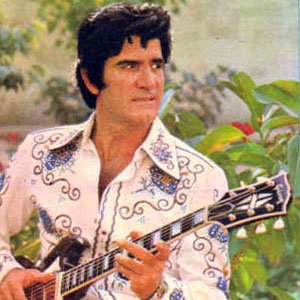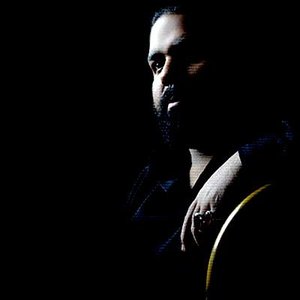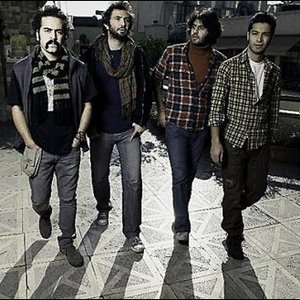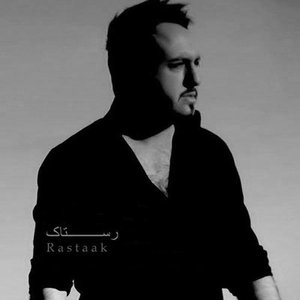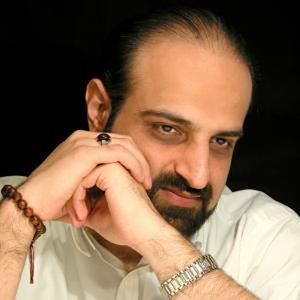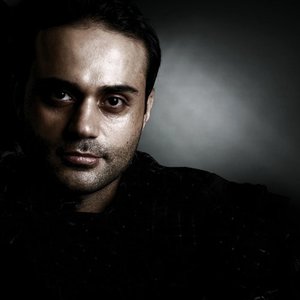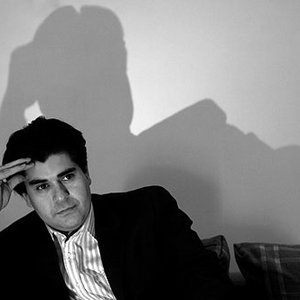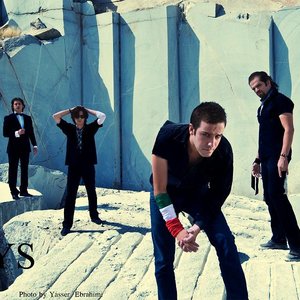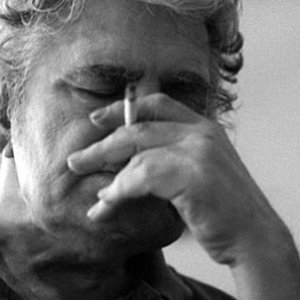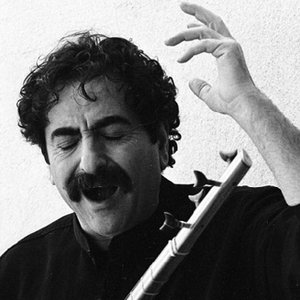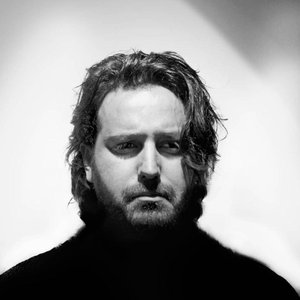Biography
Khosrow Shakibā'í (March 27, 1944, Tehran, Iran — July 18, 2008, Tehran) (Persian: خسرو شکیبایی) was a celebrated Iranian stage and cinema actor. He ranks amongst the most accomplished of actors of his generation.
Khosrow Shakibai was born to Colonel Ahmad Shakibāi and Ms Farideh Khātami. His father, who was an army Colonel, died from cancer when Khosrow (called Mahmoud by family and close friends) was only fourteen. Khosrow studied acting at Faculty of Fine Arts of University of Tehran. He began his stage career in 1963 and branched out his activities into film dubbing in 1968. Shakibā'í initiated his film acting in 1982 with Khatt-e Ghermez (The Red Line), directed by Masoud Kimiai. He had played in seven feature films when the film director Dariush Mehrjui offered him the title role of Hamoun, a film that over time has achieved a cult status.
Shakibai's performance in Hamoun marked a turning point in his career. He received a Crystal Simorgh at Fajr International Film Festival for his portrayal of Hamoun, a literary intellectual who gradually loses his touch with reality and becomes entrapped into an obsessive and destructive conflict with his estranged wife whom he deeply loves. Shakibai played also in some major television series. He won a Crystal Phoenix for Kimiā (The Philosopher's Stone) (1994) directed by Ahmad-Reza Darvish.
Shakibai found also a considerable following for his voice, brought about through publication of the recordings of his readings of poems by such luminaries of the modern Persian poetry as Forough Farrokhzad and Sohrab Sepehri.
Shakibai is credited for helping to raise the stature of performing arts in Iran by the end of the 1980s, when the authorities in charge tended to neglect this area of cultural activities.
He married twice. From his first marriage with the actress Tānyā Joharí he has one daughter named Poupak, and from his second marriage with Parvin Koush'yār one son named Pouryā.
Khosrow Shakibai died at 6 am on July 18, 2008, of liver cancer in Pārsiān Hospital in Tehran. Earlier it had been reported that Shakibai's death had been a consequence of his heart failure. Parviz Jāhed in an article with the title The Play is Over (Bāzi tamām shodeh ast), published by Radio Zamāneh (dated July 19, 2008), refers to Khosrow Shakibai's severe dependency on drugs and suggests that Shakibai's premature death is likely to have been precipitated by this dependency. It has further been reported that on October 5, 2007, Khosrow Shakibai had been admitted to a hospital for suffering from diabetes, however on his explicit request the press had withheld this information from public.
On Sunday, July 20, 2008, the body of Khosrow Shakibai was laid to rest in The Artists Section of Behesht-e Zahra Cemetery in Tehran. His funeral procession began at 9 am from Vahdat Hall (Tālār-e Vahdat), Hafez Street, in Tehran.
Recorded readings of poetry by Shakibai:
Nāmeh-hā (The Letters), poems by Sayyed-Ali Sālehi
Sedaye paye ab ( The sound of the water's foodsteps ), poems by Sohrab Sepehri
Neshāni-hā (The Addresses), poems by Sayyed-Ali Sālehi
Mehrabāni (Kindness), poems by Mohammad Reza Abdolmalekian
Hajm-e Sabz (The Green Volume), poems by Sohrab Sepehri
Pari Khāni (Reading the Angels), poems by Forough Farrokhzad
Albom-e Sohrāb (Shohrab's Album), poems by Sohrab Sepehri
^ A reference perhaps to "My Little Angle", Pari-ye Kuchak-e Man, in Farrokhzad's celebrated poem "Another Birth", Tavallodi Digar.
Artist descriptions on Last.fm are editable by everyone. Feel free to contribute!
All user-contributed text on this page is available under the Creative Commons Attribution-ShareAlike License; additional terms may apply.

